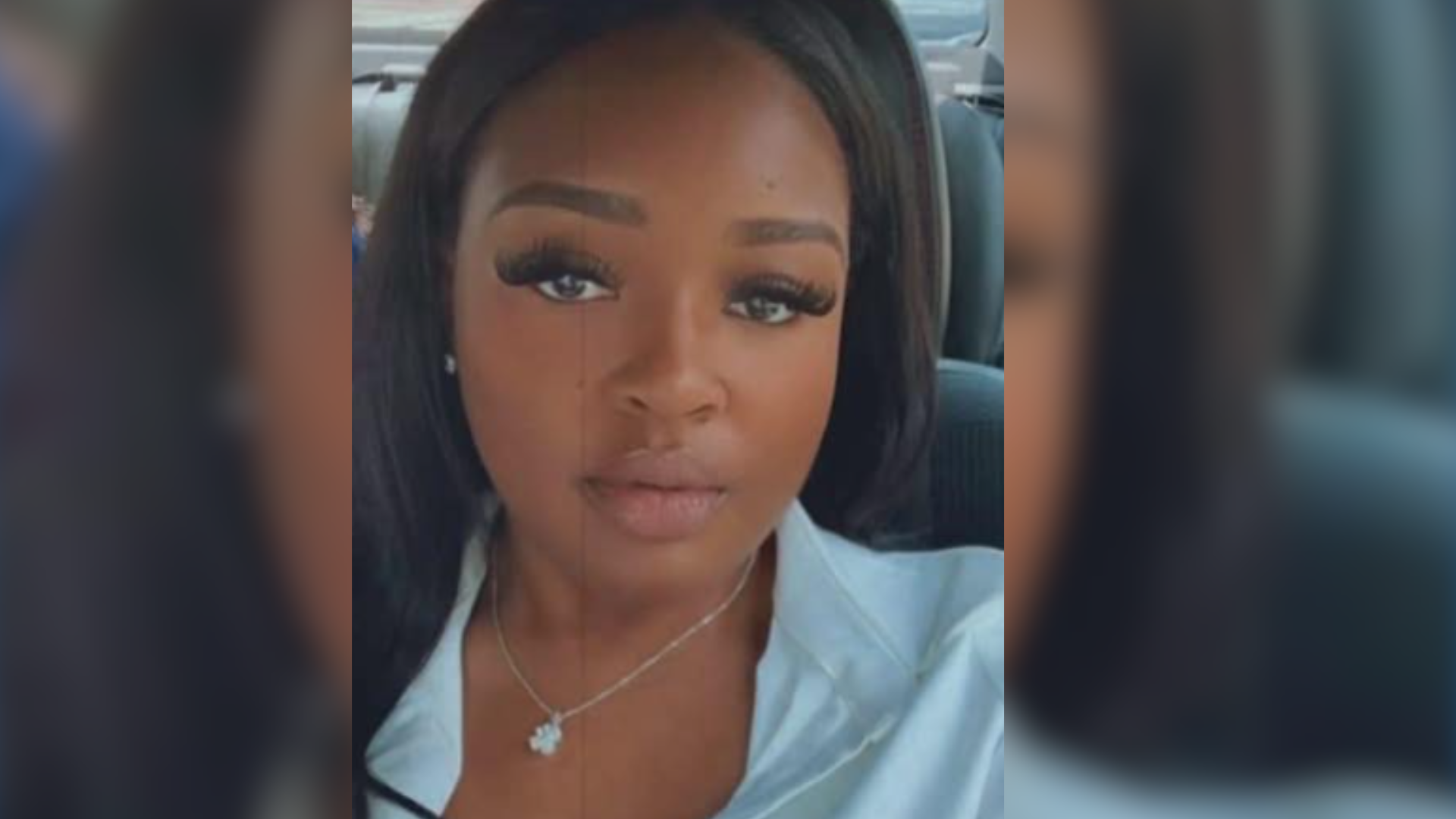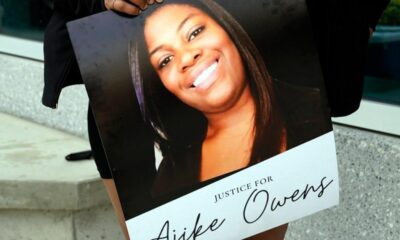Health
Family Faces Heartbreak as Brain-Dead Nurse Gives Birth

A tragic case in Georgia has ignited a national debate over reproductive rights and medical ethics after a brain-dead nurse was kept on life support to deliver her premature baby. Adriana Smith, a 30-year-old nurse from Atlanta, suffered a catastrophic brain event in February 2025, leaving her with no brain activity. Despite being declared brain-dead, her family faced the harrowing decision of maintaining life support to allow her unborn child a chance at life.
Months later, on June 13, 2025, doctors performed an emergency caesarean section, delivering a baby boy named Chance Smith. Weighing just 1 lb., 13 oz., Chance was immediately placed in the neonatal intensive care unit (NICU) as his family grappled with the profound loss of his mother, who was pronounced dead shortly after the delivery.
April Newkirk, Adriana’s mother, expressed her heartbreak, stating, “I’m her mother. I shouldn’t be burying my daughter. My daughter should be burying me.” She highlighted the lack of choice regarding her daughter’s pregnancy, emphasizing that while they may not have chosen to terminate it, they should have had that option.
Chance’s condition remains fragile. His lungs are underdeveloped, and he requires continuous respiratory support and monitoring. “He’s fighting for his life every single day,” Newkirk shared in an interview, expressing hope for her grandson’s recovery. Family friends have initiated a GoFundMe campaign, raising over £380,000 to assist with Chance’s extensive medical bills and future care.
The Smith case has become a focal point in discussions about reproductive rights, raising critical questions about who should make decisions for patients unable to advocate for themselves. Medical ethicists note that cases like this are exceedingly rare. A 2014 review indicated that most instances of keeping brain-dead pregnant women on life support typically extend gestation by only two to six weeks. Between 1982 and 2010, only 30 cases were documented worldwide, with just 12 infants surviving beyond the neonatal period.
As Chance continues his fight in the NICU, Newkirk is also caring for her daughter’s seven-year-old son, who did not understand his mother’s condition. Watching her grandson grow stronger while grieving her daughter has been an emotional journey. “I would like people to know that all women should have a choice about their bodies,” she stated, calling for legal clarity to prevent other families from enduring similar experiences.
Adriana Smith was dedicated to her career as a registered nurse, and her family believes her legacy should prompt a broader conversation about women’s rights and medical ethics. “The same field that she worked in is the same people who failed her,” Newkirk remarked, reflecting on the tragedy that has unfolded.
As the family navigates this challenging time, they find themselves at the intersection of personal loss and a national debate, with Chance’s story serving as both a testament to hope and a reminder of the complex realities surrounding reproductive health. Newkirk expressed a poignant wish for her grandson, stating, “I wish he could smell his mother just one time… lay on her chest, skin to skin. That’s not possible.” The enduring questions raised by this case may not have easy answers, but they underscore the need for continued dialogue on the intersection of health care and reproductive rights.
-

 Entertainment3 months ago
Entertainment3 months agoAnn Ming Reflects on ITV’s ‘I Fought the Law’ Drama
-

 Entertainment4 months ago
Entertainment4 months agoKate Garraway Sells £2 Million Home Amid Financial Struggles
-

 Health3 months ago
Health3 months agoKatie Price Faces New Health Concerns After Cancer Symptoms Resurface
-

 Entertainment3 months ago
Entertainment3 months agoCoronation Street’s Carl Webster Faces Trouble with New Affairs
-

 Entertainment3 months ago
Entertainment3 months agoWhere is Tinder Swindler Simon Leviev? Latest Updates Revealed
-

 Entertainment4 months ago
Entertainment4 months agoMarkiplier Addresses AI Controversy During Livestream Response
-

 Science1 month ago
Science1 month agoBrian Cox Addresses Claims of Alien Probe in 3I/ATLAS Discovery
-

 Entertainment4 months ago
Entertainment4 months agoKim Cattrall Posts Cryptic Message After HBO’s Sequel Cancellation
-

 Entertainment3 months ago
Entertainment3 months agoOlivia Attwood Opens Up About Fallout with Former Best Friend
-

 Entertainment6 days ago
Entertainment6 days agoCoronation Street Fans React as Todd Faces Heartbreaking Choice
-

 Entertainment3 months ago
Entertainment3 months agoMasterChef Faces Turmoil as Tom Kerridge Withdraws from Hosting Role
-

 Entertainment4 months ago
Entertainment4 months agoSpeculation Surrounds Home and Away as Cast Departures Mount





















